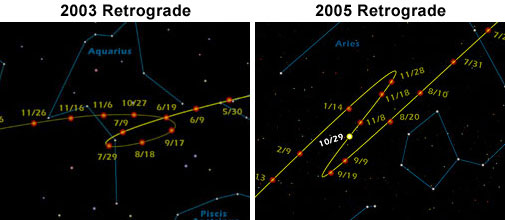OK, I'll have a go...
Incidentally, I know you said you didn't want book recommendations, but I think there's a book that's a 'must read' for learning about critical thinking and cognitive biases, because it provides a background explanation for them, and also gives a bunch of examples you can try for yourself. The book is '
Thinking, Fast and Slow' by Daniel Kahneman, and is about the two systems of thinking we use - System 1, the fast, automatic, effortless, intuitive, involuntary system, and System 2, the deliberative, slow, effortful, conscious, logical, stepwise thinking. System 1 will instantly tell you what 3x2 is, but it takes System 2 to work out 17x24. It's System 2 that you need to use to spot cognitive biases.
For examples of biases, buying a car is instructive. Your 'positive outcome bias' and 'overconfidence effect' may lead you to think you'll be able to get a great car for a low, low price. The salesman will probably use the 'anchoring effect', where, by mentioning a higher sum (it doesn't even have to be directly related to cars, but usually is) before discussing the price for the car you want, he primes you to see even an excessive price as more reasonable than it is (shops do this with pricing, and also reverse it, by raising the price of a single item to make the 2-for-1 seem like good value). He might use the 'Forer effect' (or 'Barnum effect') to persuade you that a particular car is an ideal match for your needs, by listing a bunch of features as particularly suitable to you, when they're features almost everyone would want (this is also used by astrologers & psychics to make you feel they know all about you). On the test drive, 'expectation bias' and 'selective perception bias' may make you feel the car is better than your old one, even if it isn't.
The salesman will make you think you got the better of him in assessing the car and haggling the price, by giving you the 'illusion of control' and knowing that the 'overconfidence effect' means you probably think you know more about cars and haggling than you actually do, and the 'Dunning-Kruger effect' means your ignorance of cars & haggling prevents you realising this. Using 'hyperbolic discounting' he'll knock a chunk off the price, or throw in rubber mats and mud flaps, in return for signing you up to a 'bargain' service contract that'll cost you more in the long term.
Once you've paid more than you should for a car that isn't ideal for you, 'post-purchase rationalization' bias will help you feel it was a bargain, 'rosy retrospection' bias will suggest you were well in control of the purchase process (when you were actually a sweating, nervous wreck), and 'hindsight bias' will tell you that you were right to think you could get a great car for a low price. When you take your new car out on the road, your brain primed with the image of your new pride and joy, and you may find yourself suddenly seeing far more instances of that model than you expected, as if a significant proportion of the public bought that model at the same time you did. This is the 'frequency illusion'. When you tell your friends about it later, the 'Lake Wobegon effect' will encourage you to boast about outwitting the salesman. And so-on; you get the idea.
Over all of these, and contributing to many of them, 'confirmation bias', the unconscious tendency to search for or interpret information in a way that confirms one's preconceptions, casts its deceptive shadow...
You may think that I recently bought a dud car - I didn't, all that happened a long time ago, and contributed greatly to my eventually realising that, as a student, I knew a lot less about the world than I thought



